Education
Life Science and Technology
Graduate Major5 Features
Lead the world through life science
and technology
-
1
Japan's Largest Education and
Research Organization for
Life Science and Technology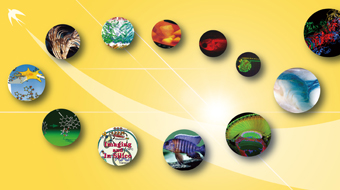
The Department of Life Science and Technology has the largest life sciences graduate program in Japan where students can broadly study life science and technology not only from a science and engineering viewpoint, but also from pharmacology, medical, and agricultural perspectives.
-
2
Cutting-Edge Research from Chemistry and Physics to Materials and Information
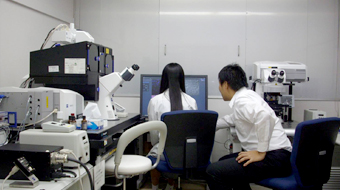
At the Department of Life Science and Technology, approximately 70 professors and associate professors perform cutting-edge research in a broad range of fields. The research fields relate not only to biology, but also extend to other scientific fields including chemistry, physics, materials, and information.
-
3
Encouraging International Exchange
and Internships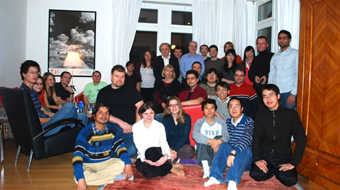
Students are encouraged to study abroad under Tokyo Tech exchange programs based on Academic Cooperation Agreements with other universities (long-term and short-term) or under the short-term Study Abroad Program, or to take internships abroad. Students are encouraged to actively study at research laboratories or companies abroad, or at international conferences under the Study Abroad Program or through international exchanges arranged by faculty members. Students can earn academic credits for these activities.
-
4
Conduct Research in
an International Environment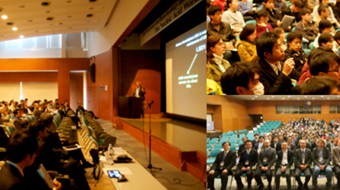
Many outstanding researchers visit from abroad, and participate in joint research and seminars. Each research laboratory is also home to many exchange students. The campus is an environment where students develop an international outlook and research skills.
-
5
Broad and Diverse Studies Lead to
Employment Opportunities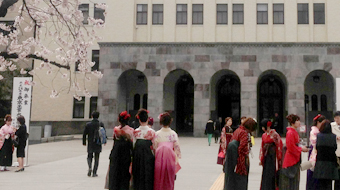
Studies at the Life Science and Technology Department are connected not only with the scientific fields of biology, chemistry, physics, etc., but also with engineering fields such as applied chemistry, materials, machines, information, etc. By studying at the Department of Life Science and Technology, students can find employment in a variety of fields.
